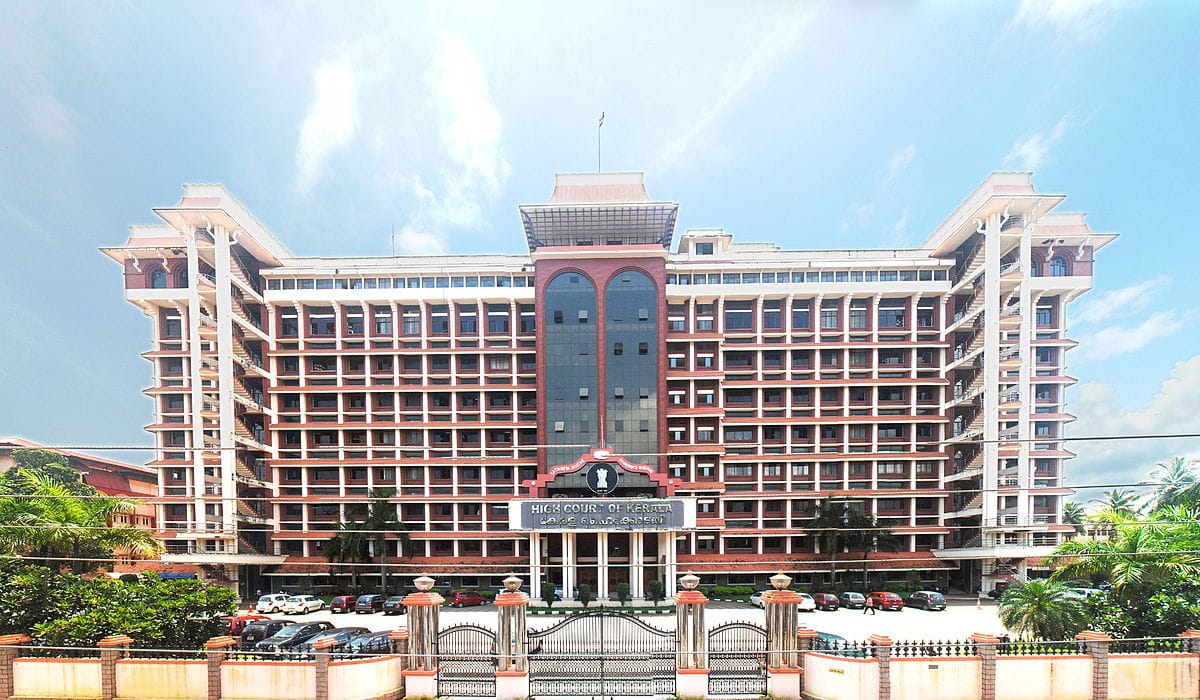


Kerala's financial stability is under severe strain due to significant off-budget borrowings and a compromised fiscal structure, as revealed by the Central government in recent proceedings before the Supreme Court in the case of State of Kerala vs Union of India.The Attorney General (AG) for India, R Venkataramani, emphasized in a detailed written note the numerous studies documenting the poor management of public finances by the State of Kerala. He pointed out that Kerala has been identified as one of the most financially unhealthy states, with its fiscal framework showing several vulnerabilities. The state has been grappling with a shortage of funds for capital expenditure and has resorted to substantial off-budget borrowings through the Kerala Infrastructure Investment Fund Board (KIIFB).This response from the AG came in the context of an original suit filed by the State of Kerala, alleging interference by the Central government in its authority to borrow and regulate finances independently. The plea, lodged in December, raised concerns that the actions of the Centre could precipitate a severe financial crisis, preventing the state from fulfilling its annual budgetary commitments.The state specifically objected to the imposition of a Net Borrowing Ceiling by the Union government, arguing that it restricts borrowings from all sources, including the open market, and encroaches upon the state's exclusive constitutional powers.The matter is scheduled to be heard by a bench of Justices Surya Kant and KV Viswanathan on February 13, where Kerala's interim relief application will be decided upon. The Supreme Court had issued notice in this case in January.The Attorney General's note underscored several financial indicators of Kerala, including high debt-GDP ratio, interest payments to revenue receipts ratio, gross fiscal and revenue deficits, and the share of provident funds in its outstanding liabilities and pay/pension payments. These indicators, coupled with a decline in capital formation expenditure and revenue receipts as a percentage of GSDP, were cited to support the contention of financial mismanagement by Kerala.Prudent public finance management was highlighted as a national priority, with implications for the nation's competitiveness and sovereign credit ratings. The AG warned against reckless borrowing by states, which could crowd out private borrowing from the market and hinder development efforts, leading to impoverishment and loss of income at both state and national levels.The AG emphasized the significance of proper management of general government debt, which includes state debt, for maintaining good credit ratings. Kerala's move to approach the Supreme Court over financial disputes mirrors a similar action taken by the Punjab government over non-reimbursement of statutory fees during the procurement of food grains, highlighting growing tensions between state and central authorities over financial matters.
The Attorney General highlighted several financial indicators of Kerala in his note, including high levels of debt-GDP ratio, interest payments to revenue receipts ratio, gross fiscal and revenue deficits, share of provident funds in its outstanding liabilities, and pay/pension payments. These are coupled with a decline in expenditure on capital formation and a decline in revenue receipts as a percentage of GSDP. Despite substantial resources from Central taxes, the highest share of post-devolution Revenue Deficit Grant, and financial support extended by the Union Government, any financial stress faced by Kerala is attributed to its own financial mismanagement, according to the note. Prudent public finance management is considered a national priority, with implications for the nation's competitiveness and sovereign credit ratings. The debt levels of State governments affect the credit ratings of the country by increasing borrowing costs, which act as markers to qualify and quantify the general investment atmosphere. Kerala is the second State to move the top court recently over a financial dispute with the Union government, following Punjab's suit against the non-reimbursement of statutory fees allegedly running into over ₹4,000 crore.
TAGS: Kerala Financial Crisis Off-budget Borrowings Fiscal Management Supreme Court State vs Union of India Attorney General R Venkataramani Kerala Infrastructure Investment Fund Board KIIFB Net Borrowing Ceiling Debt-GDP Ratio Revenue Deficits Capital Formation Central Taxes